- Brief us
- hello@ovix.com
- Tel. +53 325 356 623
- Our Office
72 Oceanview Drive Los Angeles,
CA 90045 USA
ILORIN SMART
CITY
DEVELOPMENT
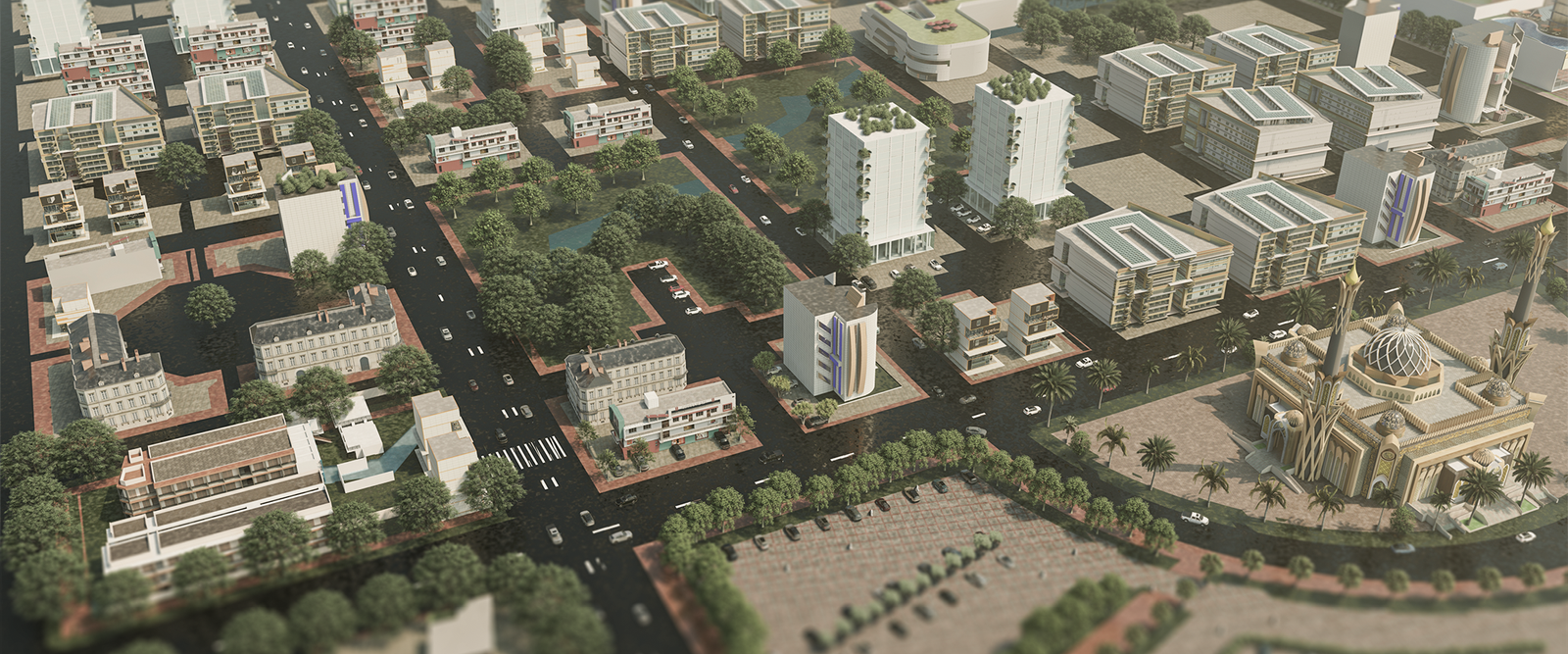
The fundamental idea behind a smart city is to use connected data sensors and technology to improve and strengthen city operations and infrastructure. Public assets, transit networks, people, power plants, water supplies, information networks, civil bodies, and other community services are all included in this monitoring and management. Given the geo-spatial constraints, historic levels of congestion, distortion of the the masterplan and rapid urbanisation, it is a no-brainer that Ilorin could do with a modern touch.
Consequently, and in line with the vision of His Excellency, Governor AbdulRahman AbdulRazaq, the concept of an Ilorin Smart City (ISC) was born. The idea is to have an 20,000 hectare sustainable and technology-driven urban settlement fit for 21st century lifestyle, aimed at improving the quality of life (QoL) and quality of place (QoP) for Kwara State’s citizens. It is purposely designed to achieve a 15% green space provisioning with 50 Square meter green space per individual, in line with the World Health Organisation (WHO)'s ideal urban green space recommendation. It is a city that would be powered by renewable energy, intelligent transportation network and efficient waste management, as well as enhancing opportunities for all residents and stakeholders.
At full development, the city is designed to host 540,000 residents, offering best-in-class live, work and play facilities. Designed to match contemporary modern green cities like New Delhi and Washington DC, the city will comprise a business district, administrative and industrial parks, a health care park, entertainment resorts and parks, residential districts, commercial districts and a host of green parks and gardens. Key services within the city will include a tram service, a 50MW solar power park and a 150MW substation with a direct power line from the Jebba Dam.
Ilorin Smart City (ISC) is a green, smart city with the vision of becoming Nigeria’s most liveable city. The strategic location of Ilorin, being an important physical and socio-cultural junction between the Northern and Southern parts of Nigeria, already makes it a perfect and balanced location.
In addition to the physical infrastructure, the Kwara State Government will support the development of proactive public services that ensures the protection of lives and properties, ease of property purchase and registration, business registration, transportation and access to public services. Some of the key aspects of ISC include:
- Smart Inclusive Governance
- Efficient and Intelligent Transportation
- High-Speed Internet Access
- Smart Waste Management
- Renewable Energy Sources
- Smart Security Solutions
Developed as a Public-Private Joint Venture, the Ilorin Smart City (ISC) offers an attractive investment for both private and development finance partners. The 18,000-hectare city is estimated to cost NGN 1.26 Trillion for the development of the basic infrastructure (roads, water and sewerage system, electricity infrastructure and green areas).
Development will be in two phases over a 10-year period. The first phase of the project, comprising 9000 hectares of land, will commence from 2024 to 2027 at a cost of NGN 630 Billion - funded largely by a private sector development consortium.
Project financing will be developed as a public private development agreement. Project public sector financing will be NGN 60 Billion Naira over a three-year period. For the first phase of 9000 Hectares, the average expected pricing per hectare is NGN 350,000,000.00. The lands are expected to be sold over a 6-year period.
With a 60:40 Debt to Equity structure, a debt tenor of 6 years and a WACC of 19.2%, the 6-year Equity IRR is projected to be 55.1%.
The vision, motivation, masterplan, the enabling environment and future-proof template for ISC has now been put in place by His Excellency, the Governor. The private sector and individuals must now step up and play their part to exploit this fantastic opportunity.
The technical implementation of the Ilorin Smart City Masterplan is ably led by The Kwara State Commissioner for Housing and Urban Development, Dr Segun Ogunsola.
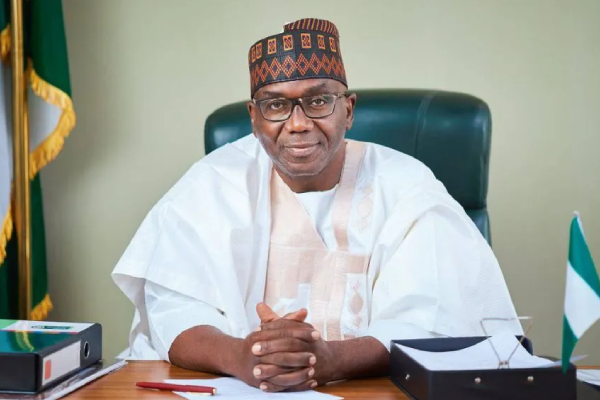
5
Years of
Progressive Planning...
Core Features of ISC
Discover Ilorin Smart City's
Core Capabilities

High-Speed Internet
ISC would have up to 3,000 kilometres of fibre & broadband infrastructure across the districts for high-speed internet needed to empower offices, homes, healthcare buildings, and schools with Smart City capabilities. The increased connectivity would boost productivity and enable remote work and learning.

Intelligent Transportation
Getting around ISC would be facilitated by a system of advanced transport solutions, with provisions of electric vehicles (EV) and driverless cars of the future. This is crucial for future-proofing the city against new and disruptive technologies that are re-shaping society.

00
Key Districts
00
Consultants & Specialists
00K
Hectares
00K
Happy Residents
Our Team
The Professional Team
Behind Ilorin Smart City


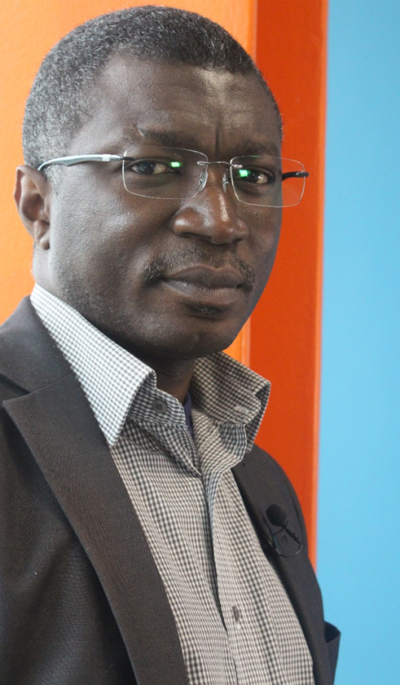




Do You Want to get involved
with ISC?
Get In Touch
Testimonial
Stakeholder
feedback

XYZ and Partners
Estate Developers

ABC Consulting
Architects and Planners
“A most livable city indeed”


JKL Nigeria Limited
Contractors
“Progressive Development speaks for itself”


Lateef Balogun
Citizen and Patriot
“Proud of this new development”
Blog & Article
Explore Blog &
article
By: ilorinsmartcity
January, 2024
A Guide for Businesses in the Digital Age
In the ever-evolving digital age, digital find themselves at the intersection of innovation and
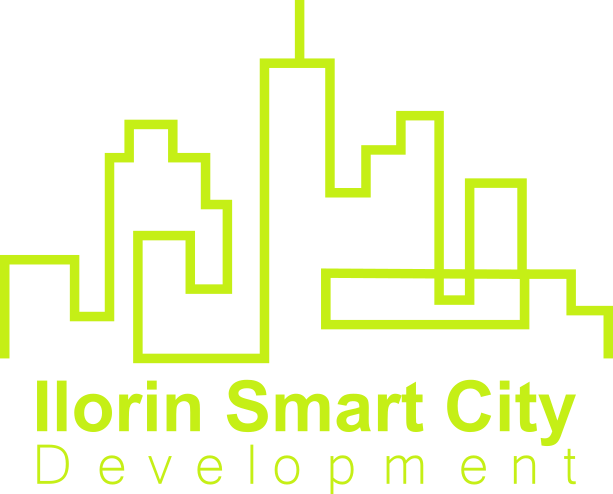

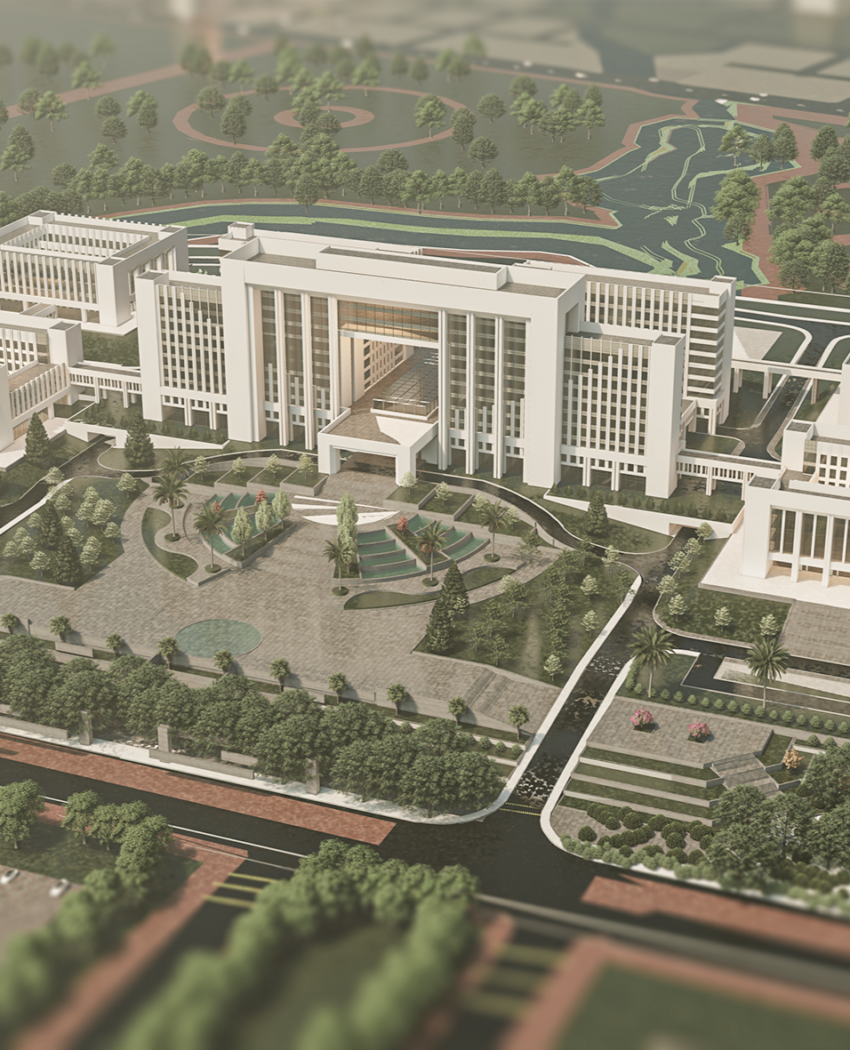
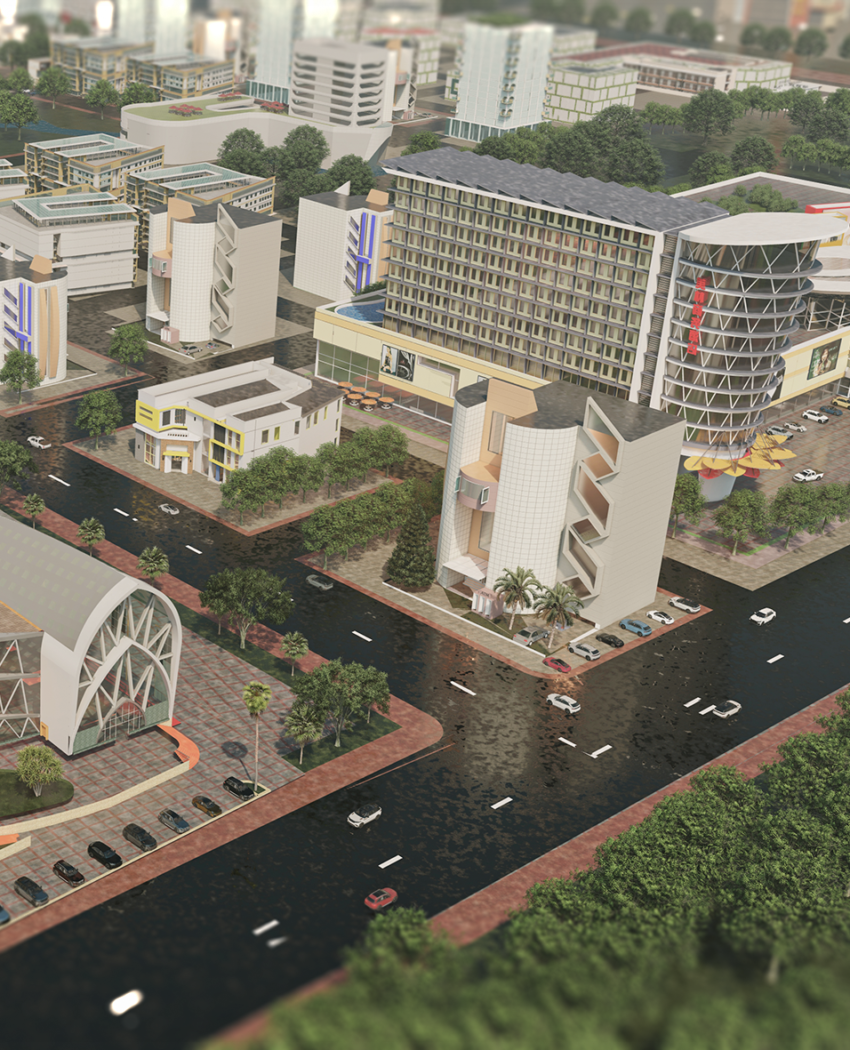
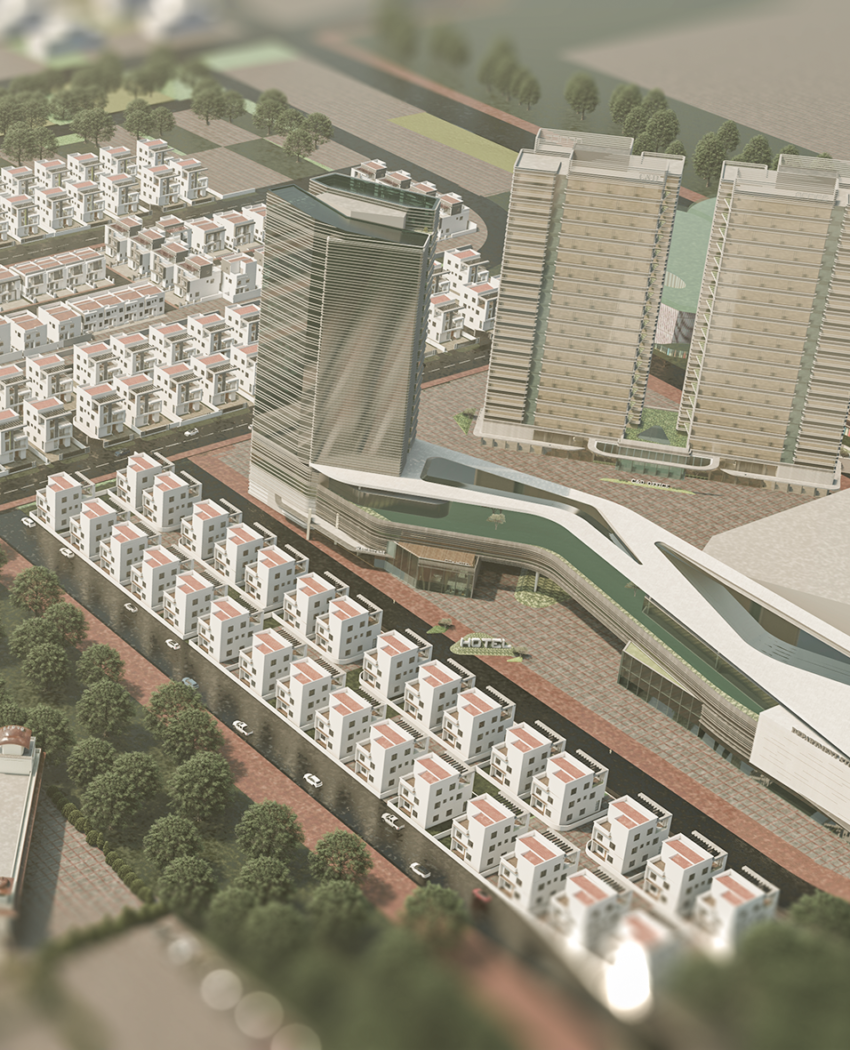
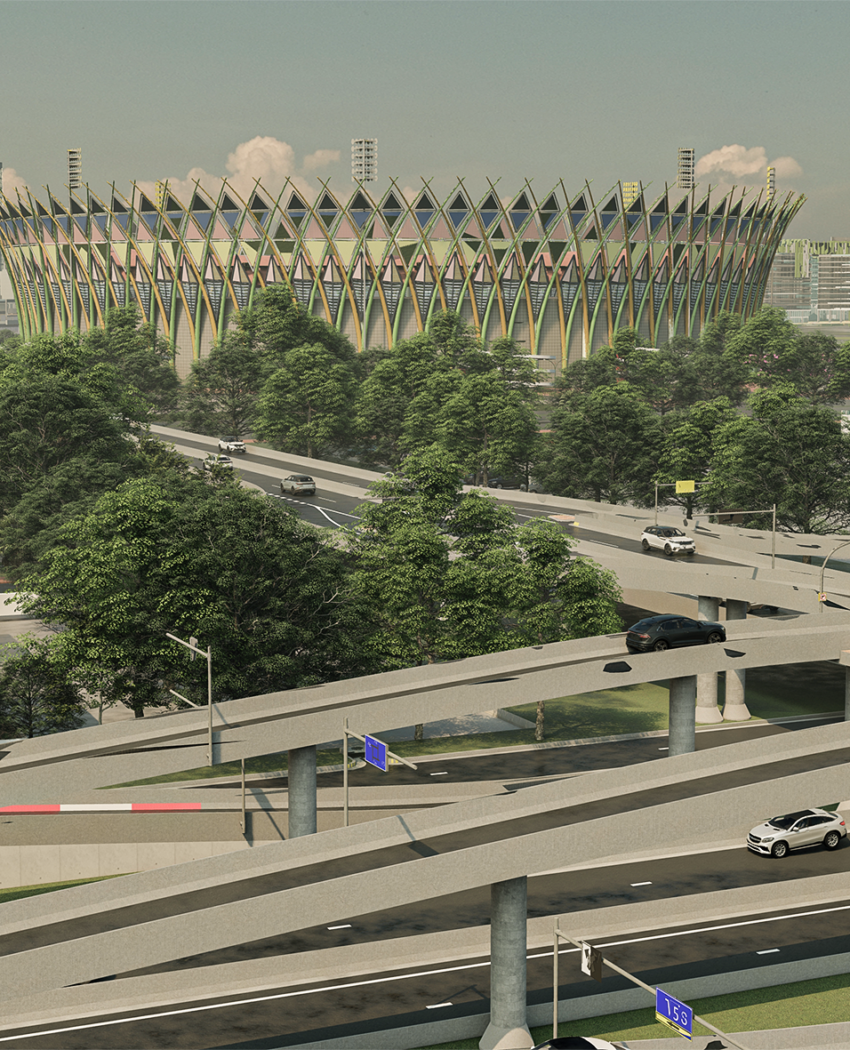



“Brilliant Idea”